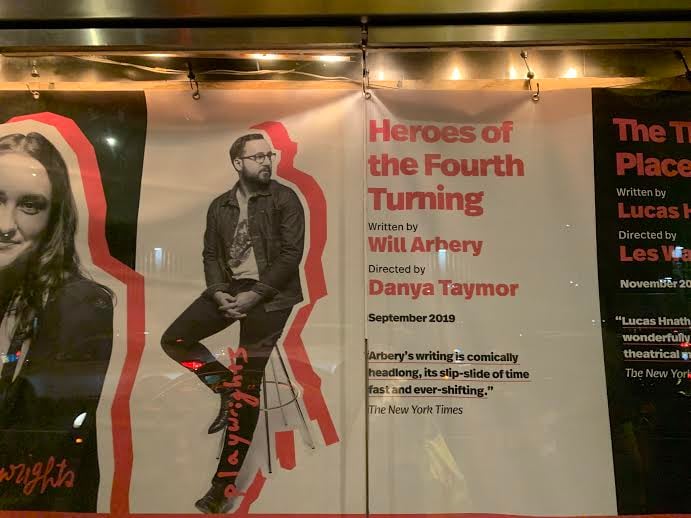
So I saw it, because that is the Rule, and also because there was this period of time a couple of weeks ago when my fellow commune member Sarah Bailey was texting me on an hourly basis to see whether I’d gotten tickets yet, because she wanted to debrief about it, and also because my friend Peter really wanted to see it.
Login to read more
Sign in or create a free account to access Subscriber-only content.
Topics:
